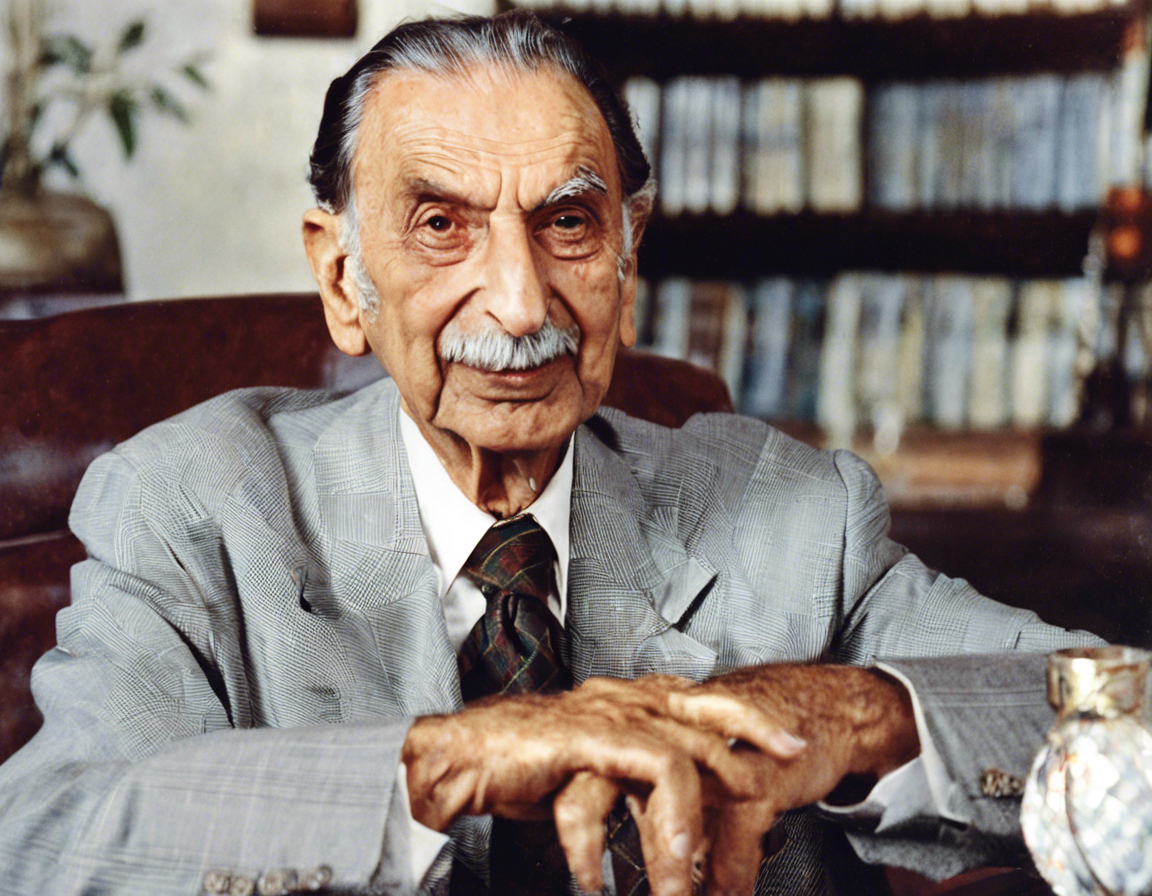India’s industrial landscape has been shaped by a multitude of visionaries, but one name that resonates through the ages is JRD Tata. A pioneer of Indian business, known for his foresight, integrity, and commitment to nation-building, JRD Tata’s legacy continues to inspire generations of entrepreneurs and leaders.
Early Life and Education
Jehangir Ratanji Dadabhoy Tata, commonly known as JRD Tata, was born on July 29, 1904, into the illustrious Tata family. Despite hailing from a family of industrialists, JRD Tata’s education was diverse. He attended the Cathedral and John Connon School in Mumbai before moving to England for further studies at Cambridge University. His exposure to different cultures and educational systems laid the foundation for his broad-mindedness and global perspective, which would later define his leadership style.
Leadership at Tata Group
JRD Tata assumed leadership of the Tata Group at the young age of 34, succeeding his father as the chairman in 1938. Under his stewardship, the group diversified into various sectors, including steel, airlines, hospitality, and more. His visionary leadership and ability to foresee trends and opportunities played a pivotal role in the expansion and success of the Tata Group.
Vision and Values
One of JRD Tata’s most enduring legacies is his unwavering commitment to ethical business practices and corporate social responsibility. He famously said, “In a free enterprise, the community is not just another stakeholder in business but is, in fact, the very purpose of its existence.” This philosophy laid the groundwork for the Tata Group’s strong emphasis on community development, sustainability, and philanthropy.
Aerospace and Aviation
JRD Tata’s contributions to the Indian aviation industry are legendary. In 1932, he founded Tata Airlines, which later became Air India. He was not only instrumental in establishing India’s first commercial airline but also played a crucial role in the development of the country’s aerospace capabilities. His passion for flying earned him the title of the ‘Father of Indian Aviation.’
Nation Building
Beyond business, JRD Tata had a deep commitment to nation-building. He played a pivotal role in shaping India’s industrial policies, served on numerous government committees, and was a vocal advocate for economic reforms and liberalization. His vision for a self-reliant and prosperous India continues to guide the country’s economic policies.
Legacy and Impact
JRD Tata’s legacy extends far beyond the business realm. His emphasis on innovation, integrity, and inclusive growth has left an indelible mark on Indian industry. The Tata Group, under his leadership, became synonymous with trust, quality, and excellence. His vision for a sustainable and equitable future continues to inspire businesses worldwide.
Frequently Asked Questions (FAQs)
1. What was JRD Tata’s leadership style?
Answer: JRD Tata was known for his inclusive and participative leadership style. He valued input from all levels of the organization and encouraged innovation and creativity.
2. What were some of JRD Tata’s notable contributions to the Tata Group?
Answer: JRD Tata spearheaded the diversification of the Tata Group into various sectors, including steel, hospitality, airlines, and more. He also played a key role in the establishment of Air India and the development of India’s aviation industry.
3. How did JRD Tata contribute to nation-building?
Answer: JRD Tata actively participated in shaping India’s industrial policies, served on several government committees, and advocated for economic reforms and liberalization. His vision for a self-reliant and prosperous India had a lasting impact on the country’s development.
4. What values did JRD Tata prioritize in his business endeavors?
Answer: JRD Tata prioritized ethical business practices, corporate social responsibility, and community development. He believed that businesses should serve not just shareholders but also the larger community.
5. What is JRD Tata’s legacy in the aviation industry?
Answer: JRD Tata’s legacy in the aviation industry is profound. He founded Tata Airlines, which later became Air India, and played a crucial role in the development of India’s aerospace capabilities. He is often referred to as the ‘Father of Indian Aviation.’
In conclusion, JRD Tata’s enduring legacy as a visionary leader, philanthropist, and nation-builder continues to inspire individuals and organizations worldwide. His emphasis on ethics, values, and inclusive growth serves as a guiding light for those seeking to make a positive impact on society and the economy.
